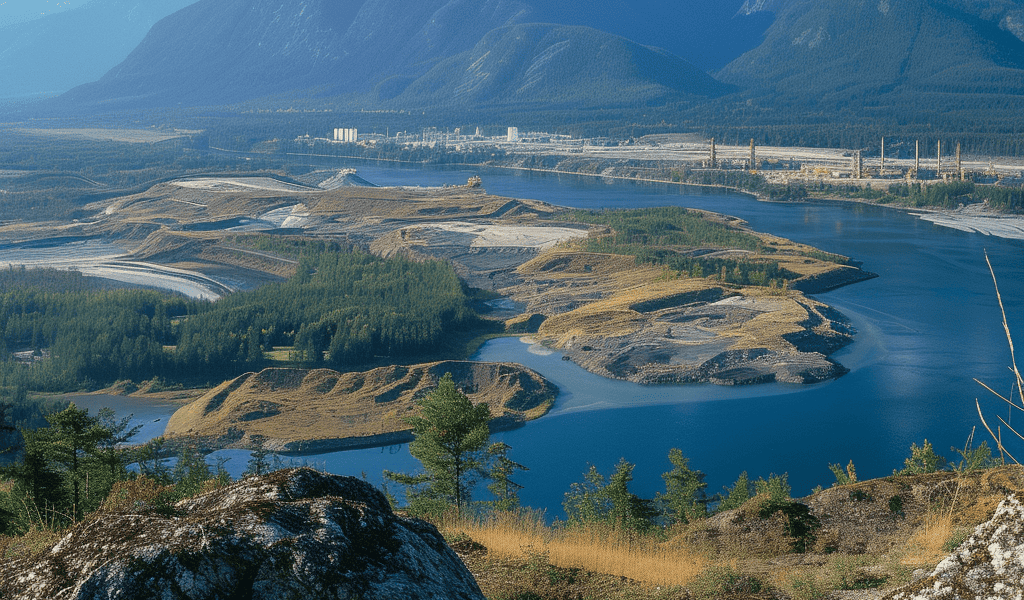A recent 20-year deal between global energy giant Shell and the proposed Ksi Lisims LNG project in British Columbia is seen as a significant indicator that Canada is emerging as a key player in the global liquefied natural gas (LNG) market, according to industry specialist Racim Gribaa.
Under the agreement, Shell has committed to purchasing two million tonnes of LNG annually from the Ksi Lisims project, which is situated near the Alaska border and is anticipated to commence operations in 2028.
Gribaa, the president of Calgary-based Global LNG Consulting, emphasized the significance of this deal, stating, ‘Canada is on the map now for LNG. This is a signal that the LNG demand is viable beyond 2050.’
Gribaa, who possesses over two decades of experience in the energy sector, has been involved in LNG developments across various countries, including Malaysia, the United States, Canada, and Qatar.
He highlighted the rarity of long-term LNG agreements like the one between Ksi Lisims and Shell, describing them as a demonstration of confidence from so-called LNG ‘portfolio players’ in Canada’s natural gas industry.
Unlike traditional LNG buyers who purchase solely for their own use, portfolio players like Shell procure LNG from multiple suppliers and distribute it to buyers globally. Gribaa explained, ‘When portfolio players buy LNG, it’s not necessarily for a specific country. They can sell it anywhere they want.’
He further emphasized the strategic advantage of Canada’s west coast for portfolio players, enabling them to efficiently meet the demand in Asia without having to transport LNG from more distant locations, such as the Middle East or Europe. This can result in substantial economic and logistical benefits for the companies involved.
The surge in LNG trade, driven by expanding economies in Asia, has led to a more than 200% increase in global LNG trade since 2000, reaching 401 million tonnes in 2022, according to the International Gas Union.
Furthermore, the growing global natural gas consumption is fueling the demand for LNG. The latest outlook from the U.S. Energy Information Administration projects a significant rise in natural gas consumption, reaching 197 quadrillion BTU by 2050, up from 153 quadrillion BTU in 2022.
In addition to the deal with Ksi Lisims, Shell is also the lead owner of the LNG Canada project, which is nearing completion in Kitimat, B.C. The terminal, expected to commence operations in 2025, will have a capacity of 14 million tonnes per year.
Shell’s decision to procure LNG from Ksi Lisims is seen as a strategic move to ensure a consistent supply, regardless of the timeline for the second phase of LNG Canada, according to Gribaa.





